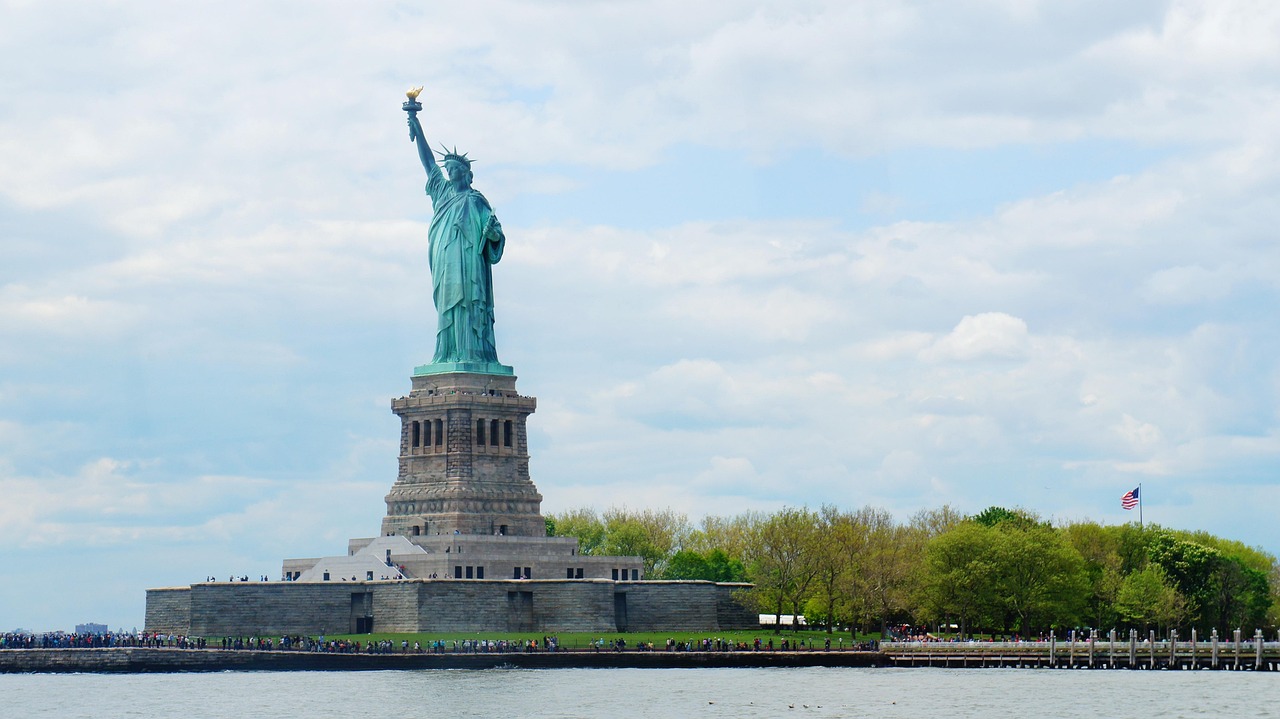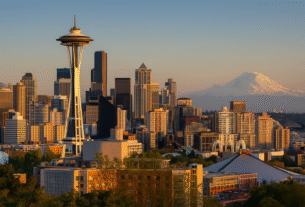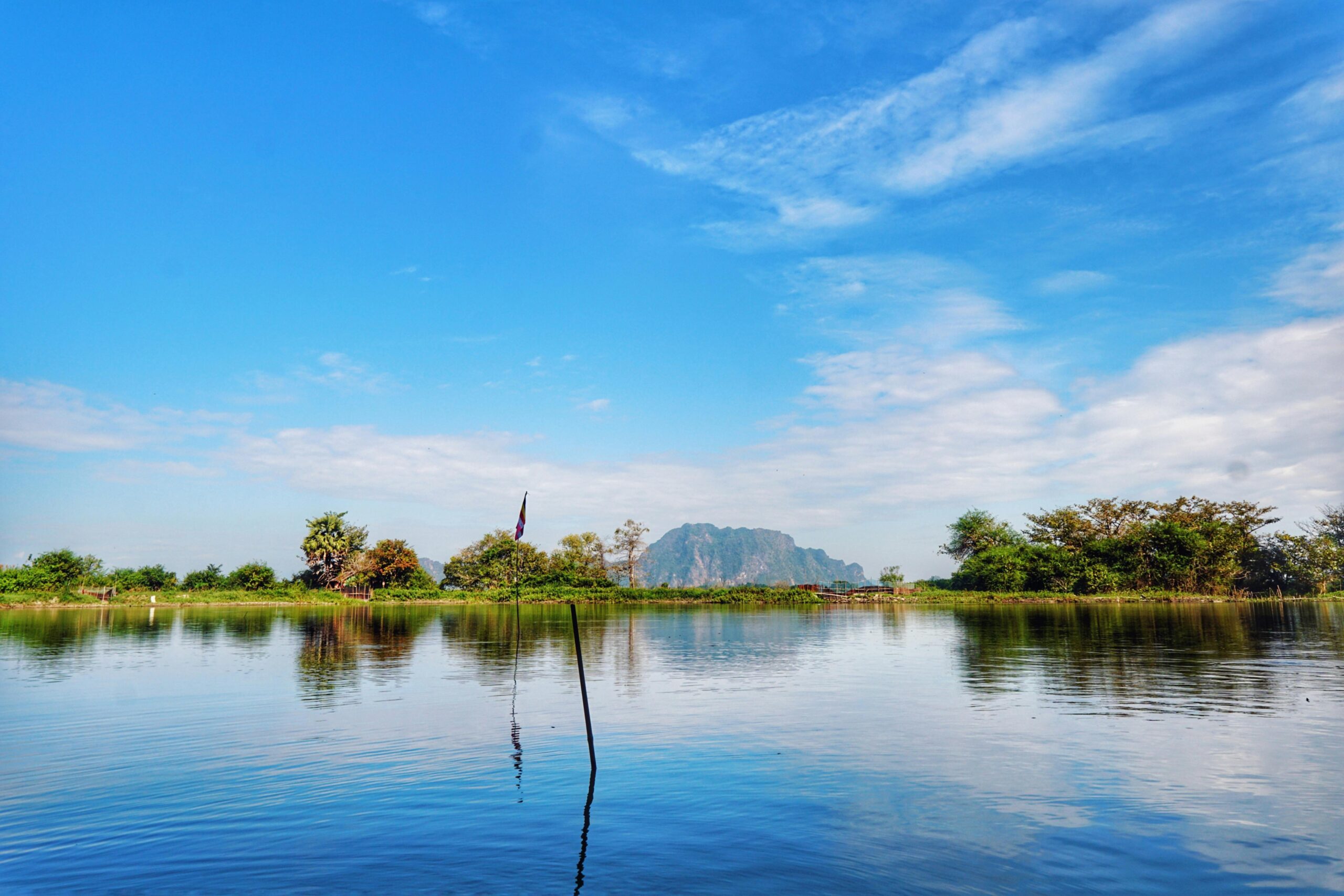Planning your first trip to New York City? With its iconic skyline, vibrant neighborhoods, and world-famous landmarks, NYC offers something for every type of traveler. But with so much to see and do, where should you start?
🌴 Get Your FREE Bahamas Checklist!
Perfect for planning your island escape 🌊
We respect your privacy. Unsubscribe anytime.
Powered by greattravelnews.com
In this guide, we highlight the top 10 must-see attractions in New York City—perfect for first-time visitors looking to experience the very best of the Big Apple. Whether you’re staying for a weekend or a week, these landmarks and experiences are essential!
📍 1. Statue of Liberty & Ellis Island
A visit to NYC isn’t complete without seeing Lady Liberty up close. Hop on a ferry from Battery Park and explore the Statue of Liberty, a symbol of American freedom. Pair your visit with Ellis Island, where millions of immigrants first arrived in the U.S.
🏙️ 2. Empire State Building
Take in panoramic views from one of the most iconic skyscrapers in the world. The Empire State Building’s observation deck on the 86th and 102nd floors offers breathtaking views of the NYC skyline, especially at sunset.
🌉 3. Brooklyn Bridge

Walk or bike across the Brooklyn Bridge for unforgettable views of Manhattan and Brooklyn. This architectural marvel connects two vibrant boroughs and is one of the best free things to do in NYC.
🌳 4. Central Park

This 843-acre green oasis in the middle of Manhattan is perfect for relaxing, biking, or taking a horse-drawn carriage ride. Don’t miss highlights like Bethesda Terrace, the Bow Bridge, and the Central Park Zoo.
🎭 5. Times Square
Known as “The Crossroads of the World,” Times Square dazzles with neon lights, digital billboards, and constant energy. It’s a must-see, especially at night. Catch a Broadway show or simply people-watch in one of NYC’s busiest intersections.
🖼️ 6. The Metropolitan Museum of Art (The Met)
Art lovers should not miss The Met, home to over 2 million works of art. From ancient Egyptian artifacts to modern masterpieces, this museum on Fifth Avenue is a cultural treasure.
🛍️ 7. Fifth Avenue
Shopaholics, rejoice! Fifth Avenue is NYC’s most famous shopping street, featuring flagship stores like Saks, Apple, and Tiffany & Co. Even if you’re not buying, it’s worth a stroll for window shopping.
🗽 8. Top of the Rock (Rockefeller Center)
If you’re choosing between observation decks, many travelers prefer Top of the Rock for its stunning view of the Empire State Building and Central Park. It’s also home to the famous Rockefeller Plaza and Radio City Music Hall.
🖼️ 9. 9/11 Memorial & Museum
A moving and powerful tribute to those who lost their lives on September 11, 2001. The 9/11 Memorial pools and museum tell the story of resilience and remembrance. It’s an emotional stop, but a must-see for understanding modern NYC history.
LSI Keywords: Ground Zero, One World Trade Center, NYC memorials
🌆 10. High Line & Hudson Yards
The High Line is a unique urban park built on a historic elevated railway track. Stroll through gardens, art installations, and great viewpoints. End your walk at Hudson Yards, home to The Vessel and high-end shopping.
📌 Bonus Tips for First-Time Visitors
-
Get a MetroCard to ride the subway efficiently.
-
Stay in Midtown Manhattan for convenient access to top attractions.
-
Use Google Maps or Citymapper to plan routes easily.
-
Consider buying a New York CityPASS to save on major attractions.
🧳 Final Thoughts
New York City is a vibrant, fast-paced destination filled with world-class sights and hidden gems. From towering landmarks like the Empire State Building to the peaceful paths of Central Park, these top 10 attractions offer a well-rounded experience for any first-time visitor.
Whether you’re there for the food, the fashion, or the culture, NYC will leave you inspired—and probably planning your next visit before you even leave.




